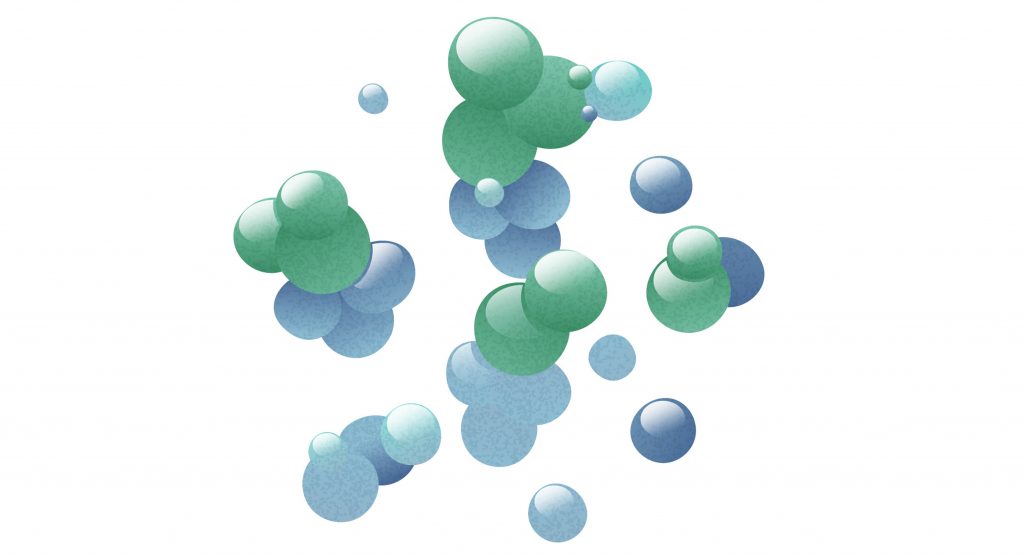Many bacterial infections are treated with antibiotics. Sometimes the bacteria change to protect themselves against the antibiotic. When this happens the antibiotic no longer works. This is called antibiotic resistance and is a serious global problem.
WHY IS ANTIBIOTIC RESISTANCE A PROBLEM?
Antibiotic resistance happens when bacteria survive and continue causing infection despite treatment with an antibiotic – the bacteria are no longer sensitive to that antibiotic.
BECAUSE THE ANTIBIOTIC NO LONGER WORKS AGAINST THE RESISTANT BACTERIA:
- infections take longer to heal
- infections can get worse and lead to more serious problems
- infections are more likely to spread to other people and because bacteria are resistant, the antibiotic may not work for other people, further spreading the problem.
You might think it best to use another antibiotic, one that bacteria aren’t resistant to. But another antibiotic may not work as well and cause more side effects. Eventually, bacteria may become resistant to this other antibiotic too.
For these reasons, antibiotic resistance is a major threat to human health. There is concern that in time, there’ll be bacterial infections that just can’t be treated.
HOW DO BACTERIA DEVELOP ANTIBIOTIC RESISTANCE?
Bacteria can change their genes after being exposed to an antibiotic. This allows them to survive antibiotic treatment. Then, when they multiply, they make more resistant bacteria. This is how antibiotic resistance develops.
WHAT ARE ‘SUPERBUGS’?
‘Superbugs’ are bacteria that are difficult to treat because they are resistant to several different antibiotics, and especially those that treat other resistant bacteria.
Superbugs such as methicillin-resistant Staphylococcus aureus (MRSA) and multi-drug-resistant strains of Escherichia coli (E. coli) are becoming more common, and can be a real problem in hospitals.
WHAT CAUSES ANTIBIOTIC RESISTANCE?
The more bacteria are exposed to antibiotics, the more chances they have to change and become resistant. When you use antibiotics when not needed or don’t take antibiotics properly – such as missing doses or not completing the course – you give bacteria opportunities to become resistant.
HOW CAN I HELP PREVENT ANTIBIOTIC RESISTANCE?
Antibiotic resistance can’t be totally stopped, but it can be slowed down by sensibly using antibiotics. You can help by:
- not taking antibiotics for a cold or the flu, including cough and sore throat; viruses cause most colds, and antibiotics don’t work against viruses
- telling your doctor you only want antibiotics when necessary – such as for serious bacterial infections such as pneumonia
- taking your antibiotic as prescribed, and completing the full course
- never saving antibiotics for the next time you’re sick
- never taking antibiotics prescribed for someone else
- having good hygiene practices to avoid spreading infections.
Sources: NPS MedicineWise (Antibiotic resistance – what is it and why is it a problem?), Centres for disease control and prevention (Antibiotic questions and answers), NHS Choices (Antibiotics Q&A)


